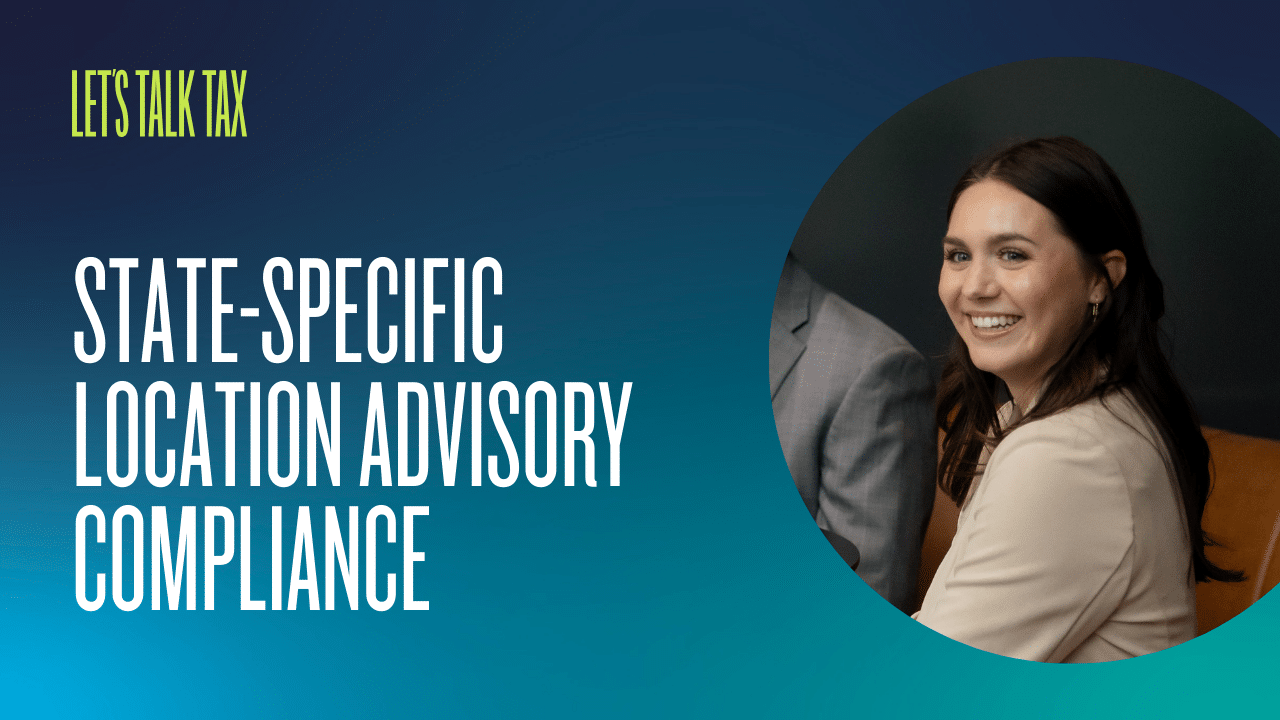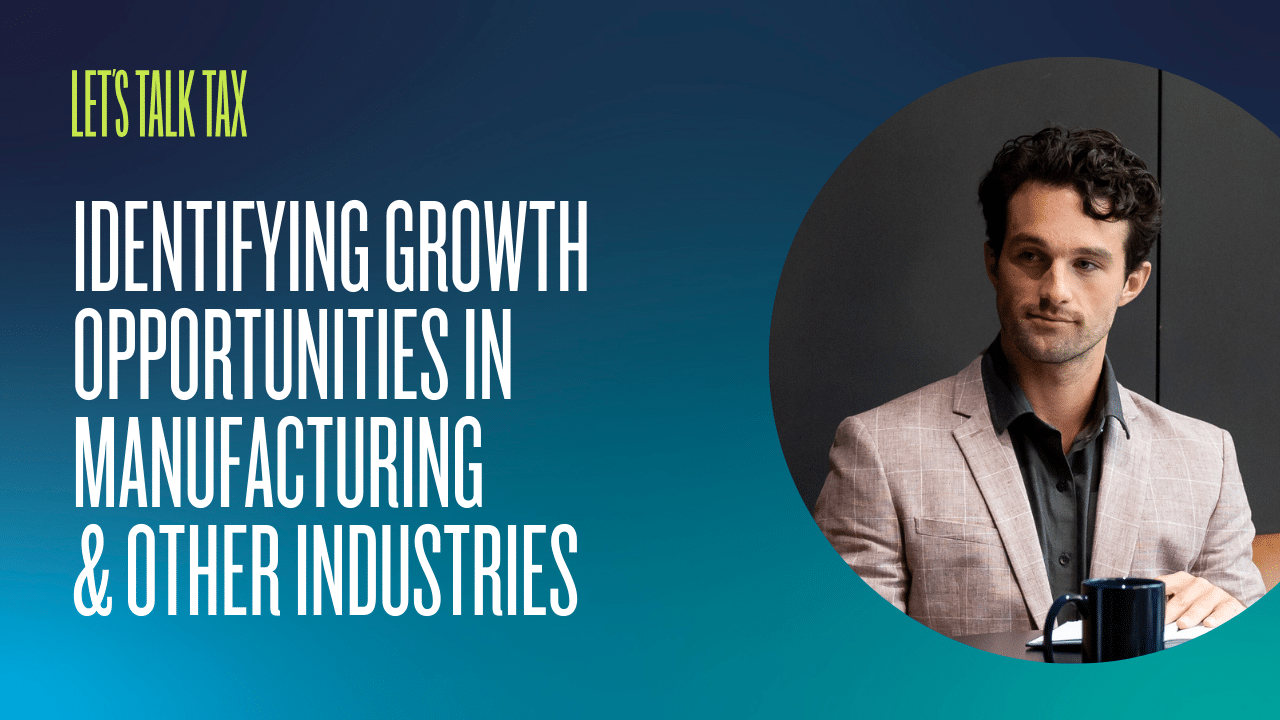X Marks the Spot: A Site Selection Analysis of Elon Musk's Decision to Relocate Headquarters from California to Texas
Why Relocate?
In mid-July, Elon Musk announced that he planned to relocate his social media platform X and rocket manufacturing company SpaceX from California to Texas. This significant decision stemmed from dissatisfaction with Californian laws and came a month after he won shareholder approval to incorporate his other business, Tesla, in Texas. Despite uncertainties leading up to the 2024 presidential election, many other businesses are making similar moves.
The primary motivation for moving businesses out of California and to Texas is the reduced government regulation and lower taxes. While Texas does levy a state franchise tax, it does not charge an individual or corporate income tax. The cost of living in Texas is also significantly lower; for example, moving from San Francisco to Austin results in a 42% lower cost of living, according to a NerdWallet calculator using data from The Council for Community and Economic Research.
From Silicon Valley to Silicon Hills
Elon Musk cited Starbase, TX, as the location for the SpaceX headquarters, and there are rumors that he has been scouting office space in Austin for the social media site’s location. A significant consideration for site selection is the availability of a skilled workforce — and Austin, designated as an emerging tech hub, has created an ecosystem of tech startups that provide job opportunities and attract talent from across the nation, especially from Silicon Valley. The city has earned the nickname Silicon Hills, referencing the tech talent that resides there. This availability of a tech workforce helps mitigate the risk of moving Musk’s existing workforce and their families across the country.
Besides the booming tech industry, Texas is home to other key sectors such as manufacturing, aerospace, defense, biotechnology and life sciences, and energy. The wide range of industries makes it a competitive option for relocating companies.
Cost Comparison: West Coast vs. Southwest
Texas has seen the largest migration of workers from high-cost states such as New York and California and can be attributed to one factor – economics. According to Forbes, from 2020 to 2023, 52% of companies that moved to Texas were from California, with California experiencing the most significant loss of businesses to Texas during this period. Texas’s real estate cost is drastically lower, allowing companies and individuals to reinvest in their operations and personal lives. Energy costs, rent prices, and utility costs all follow this trend.
Taxation is another motivating factor for these moves. As of 2024, the highest income tax rate for Californians is 14.4%, while Texans pay nothing. Sales tax rates range from 7.25-10.75% in California compared to 6.25-8.25% in Texas. Businesses in California can expect to pay a corporate tax rate of 8.84%.
Lessons for Other Companies
From a site selection perspective, companies considering a move from the West Coast to the Southwest (or any move within the country) should evaluate several factors, including skilled workforce, transportation needs, utility usage, and cost of buying and leasing property and equipment. These factors will vary in priority depending on the industry.
On top of these factors, the availability of economic tax credits and incentives can also influence the final location. Texas offers several incentives, such as local Chapter 312 property tax abatements, the Texas Enterprise Fund, and the Texas Jobs, Energy, Technology & Innovation program.
While these credits have different names and varying employment and investment requirements across the nation, they all utilize similar tax reduction tools. Governments will offer incentives to non-retail businesses and headquarters for several reasons, including increasing revenues, expanding the tax base, reducing unemployment by creating new jobs in the community, and strengthening surrounding businesses through capital investments and an enhanced workforce.
Companies should consider incentives during strategic location planning to leverage final location decisions and mitigate costs. Benefits can come in the form of cash grants, sales tax reimbursements, property tax reductions, income tax credits, and more.
Key Takeaways from Musk’s Site Selections
Elon Musk is no stranger to business incentives. His electric vehicle company, Tesla, and its related companies have reportedly received over $2.4 billion in federal, state, and local subsidies to offset taxes. In a bid to secure a Tesla Cybertruck factory in 2020, the city of Austin and Travis County offered the company $14 million in property tax rebates over 10 years and an 80% property tax abatement through the Chapter 313 program (which has since expired), worth about $50 million over 15 years. Austin’s $60 million incentive package pales in comparison to the $1.25 billion package Tesla’s gigafactory received from the state of Nevada in 2014.
Companies do not need to be at the scale of Tesla, X, or SpaceX to receive tax incentives. Small to mid-sized businesses can leverage capital investments and new payroll before making final decisions to save hundreds of thousands and sometimes even millions of dollars, making tax credit considerations critical to the site selection process.
The influx of businesses to Texas has an impact on surrounding states as well. As more businesses call Texas home, surrounding states will need to enhance their competitiveness to attract businesses. Likewise, if California wants to retain Silicon Valley companies, they will need to start making changes to reflect modern business needs.
About Location Advisory Services
McGuire Sponsel partners with CPA firms and real estate brokers to advocate on behalf of our clients, strategizing their location decisions for long-term success and maximizing their benefits. From prioritizing client location needs and identifying matching sites to procuring incentives for growth and ensuring compliance throughout the duration of credits, we are a dedicated partner in your business’s growth.
-
Ben Worrell, MBA
As a Principal for McGuire Sponsel’s Location Advisory practice, Ben Worrell fosters client relationships by guiding clients through the intricate compliance requirements associated with credits and incentives benefits.
Ben builds confidence in the McGuire Sponsel client relationship by working with clients throughout the duration of their project – not just in a one-off transaction.
Recent Resources
-
Location Advisory ServicesAugust 15, 2024
State-specific Location Advisory Compliance
by Justin Gephart & Emma ConeyIn this episode, host Justin Gephart and first-time guest Emma Coney delve into into the intricacies of compliance with state and...
-
Location Advisory ServicesAugust 12, 2024
Navigating Economic Development Incentives in the U.S.
by Tao YinThe United States continues to be one of the leading destinations for foreign direct investment. For international investors considering investing...
-
Location Advisory ServicesJuly 18, 2024
Identifying Growth Opportunities in Manufacturing & Other Industries
by Tim LeMasters & Reid Pittard, MBAIn this episode, host Tim LeMasters and guest Reid Pittard discuss identifying credit and incentive opportunities for clients
-
Location Advisory ServicesJuly 16, 2024
Vacationing with the Kentucky Tourism Tax Credit
by Devon McSurleyTourism can significantly contribute to the local economy and promote ongoing development within the community. Kentucky is a prime example,...




